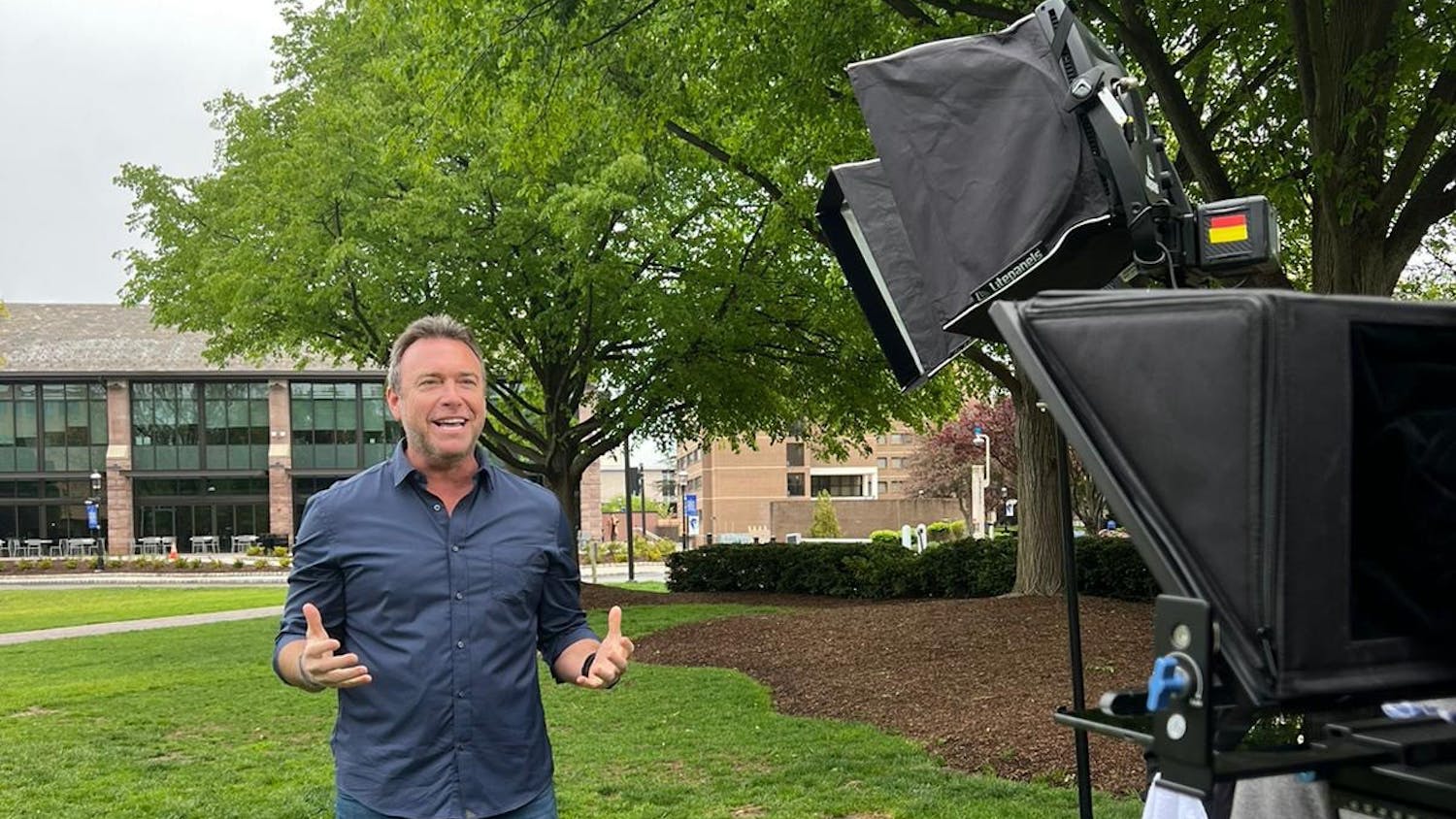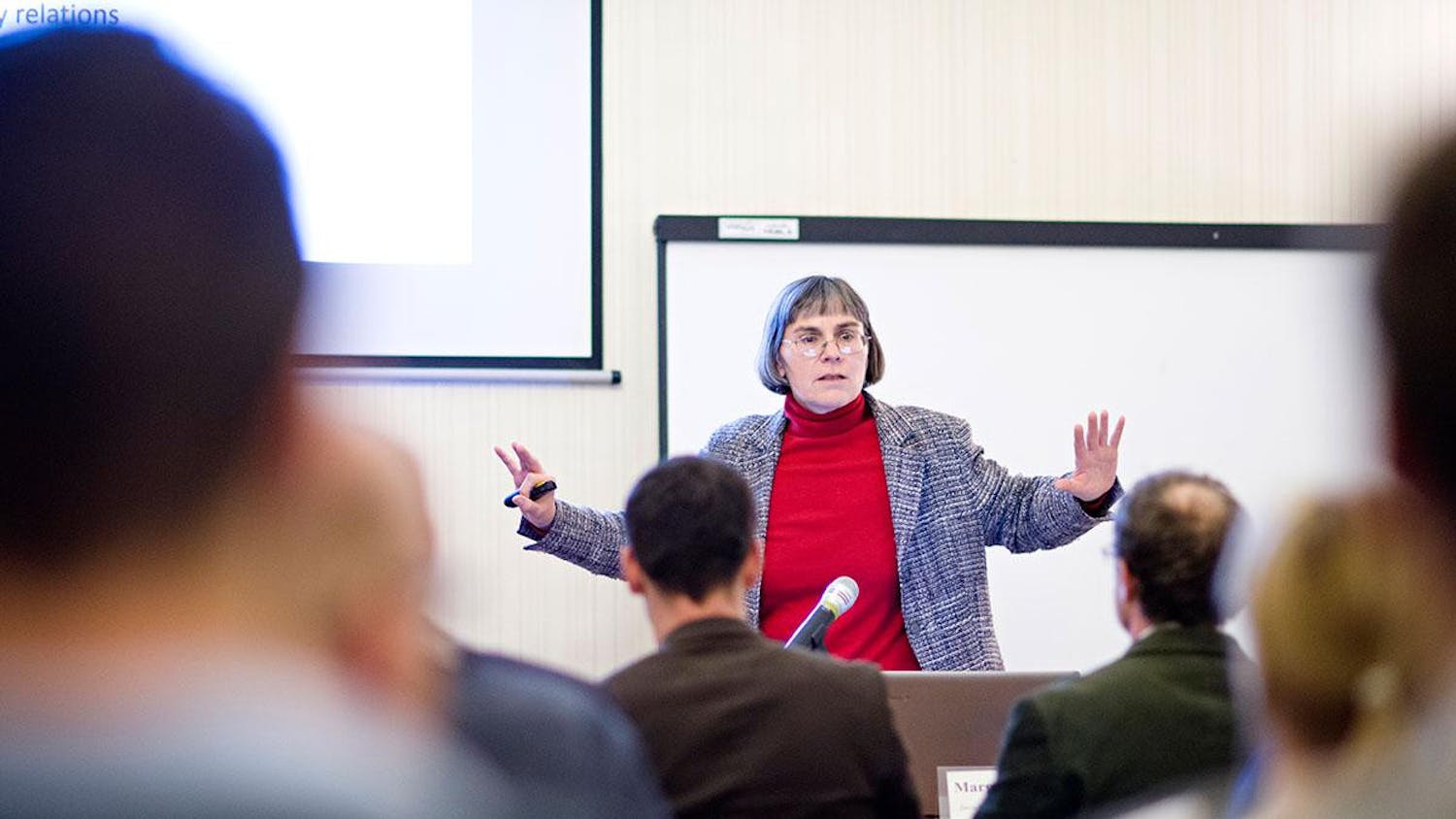 Becoming a billionaire overnight is just about anybody’s dream.
The most recent powerball was 1.6 billion dollars, making it the largest powerball ever.
People were cashing in tickets, hoping for a chance to hit the jackpot. Students on campus said that they would want to pay off either student loans, tuition or any outstanding bills if they won the lottery.
While, some students said that they would lend a helping hand to their parents or donate to a worthy cause, others said that they would invest the money and save for their children’s future education.
“I probably would get an apartment and then I would go on a really nice vacation. I would go on a world tour on a yacht and then I’ll buy my own island and relax there,” Molly Gardner, a sophomore nursing major, said.
Before even spending the money, the winner needs to determine how to receive their winnings. After winning the lottery, there are multiple ways to receive the winnings like taking the cash lump sum immediately or getting the annuity over the next 30 years.
“Assuming each of the three powerball winners gets a jackpot of 5million dollars the annuity payments would add up to five hundred million dollars. On the other hand the cash lump sum will be around three hundred ten million which is 62% of the jackpot,” Professor Xiaoqing Xu, professor in the department of finance, said.
If the winner dies before their 30 years of receiving the winnings then the remaining balance will go to their heir or next of kin. Ultimately, the decision to receive one’s winnings in either a lump sum or annuity depends on the risk preference, reinvestment options and life expectancy of the winner.
“Honestly, I would pay off all my tuition and loans. After, I would give the rest to a charity, Doctors Without Borders and what they do is that doctors and medical professionals go to third world countries and give medical assistance. I would want to do that because I see myself doing that one day,” Kevin Kattiandagho, a sophomore nursing major, said. “I would then buy a house and then go to Chiptole.”
Anthony Loviscek, associate professor and chair of the department of finance, said that a great first step would be to set up a budget plan. He added that what many students said they would do, and pay off all of their debts such as car, student and credit card loans, among other things. “One should set aside a good chunk of the money for liquid investments especially for unforeseen emergency expenditures and for one’s retirement,” Loviscek said.
“The best way to keep money safe and be taxed fairly would be donating the windfall profit,” Yeomin Yoon, professor of finance and international business, said.
Alexis Hordge can be reached at alexis.hordge@student.shu.edu
Becoming a billionaire overnight is just about anybody’s dream.
The most recent powerball was 1.6 billion dollars, making it the largest powerball ever.
People were cashing in tickets, hoping for a chance to hit the jackpot. Students on campus said that they would want to pay off either student loans, tuition or any outstanding bills if they won the lottery.
While, some students said that they would lend a helping hand to their parents or donate to a worthy cause, others said that they would invest the money and save for their children’s future education.
“I probably would get an apartment and then I would go on a really nice vacation. I would go on a world tour on a yacht and then I’ll buy my own island and relax there,” Molly Gardner, a sophomore nursing major, said.
Before even spending the money, the winner needs to determine how to receive their winnings. After winning the lottery, there are multiple ways to receive the winnings like taking the cash lump sum immediately or getting the annuity over the next 30 years.
“Assuming each of the three powerball winners gets a jackpot of 5million dollars the annuity payments would add up to five hundred million dollars. On the other hand the cash lump sum will be around three hundred ten million which is 62% of the jackpot,” Professor Xiaoqing Xu, professor in the department of finance, said.
If the winner dies before their 30 years of receiving the winnings then the remaining balance will go to their heir or next of kin. Ultimately, the decision to receive one’s winnings in either a lump sum or annuity depends on the risk preference, reinvestment options and life expectancy of the winner.
“Honestly, I would pay off all my tuition and loans. After, I would give the rest to a charity, Doctors Without Borders and what they do is that doctors and medical professionals go to third world countries and give medical assistance. I would want to do that because I see myself doing that one day,” Kevin Kattiandagho, a sophomore nursing major, said. “I would then buy a house and then go to Chiptole.”
Anthony Loviscek, associate professor and chair of the department of finance, said that a great first step would be to set up a budget plan. He added that what many students said they would do, and pay off all of their debts such as car, student and credit card loans, among other things. “One should set aside a good chunk of the money for liquid investments especially for unforeseen emergency expenditures and for one’s retirement,” Loviscek said.
“The best way to keep money safe and be taxed fairly would be donating the windfall profit,” Yeomin Yoon, professor of finance and international business, said.
Alexis Hordge can be reached at alexis.hordge@student.shu.edu

Comments




